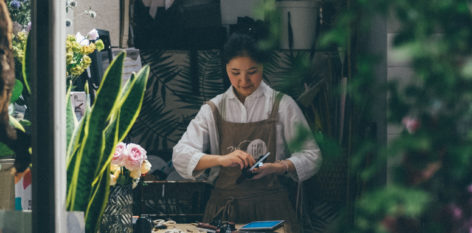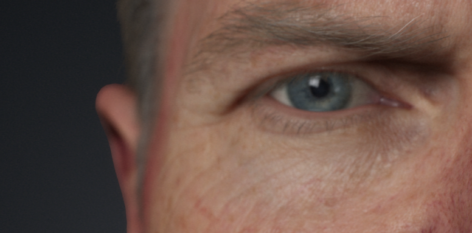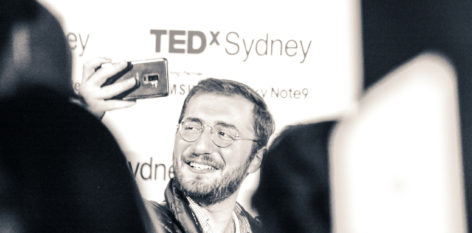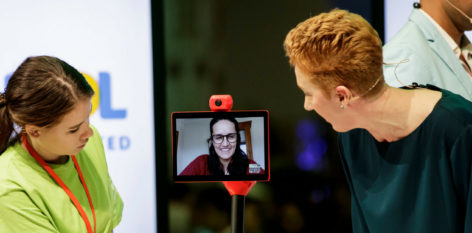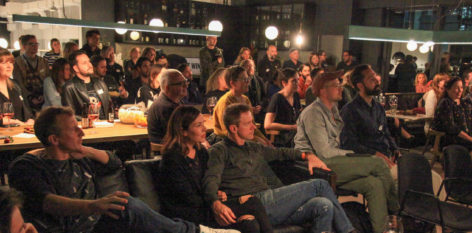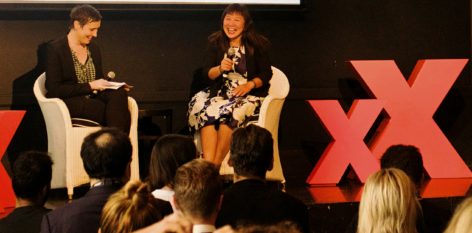There is a growing demand for businesses to stand for something. Whether it’s social, political or environmental, consumers want organisations to have purpose and align their business activities with the pursuit of contributing to a healthier future for us all. Subsequently, they are becoming less tolerant of organisations that don’t positively impact the communities in which they operate. And, we’re not simply talking about a standout sustainability campaign or a storytelling piece, but instead we’re concerned with a new way of business.
We asked Michael Bradley, founder of Marque Lawyers – a purpose before profit law firm, to guide us through the importance of B Corporations and why they’re being defined as the future of business.
In the last 5 years, we have seen the number of Benefit Corporations rise significantly. What is a B Corp exactly and what role do they play in the greater economy?
A B Corp is simply an organisation which is driven by a purpose other than profit. After a century of evolution of the modern corporation into the amoral, borderless beasts they have become, B Corp reflects the growing recognition that business is not an abstract concept but a real social force – for good or bad. B Corps choose consciously to be a force for good. It’s not a difficult concept to grasp, once you realise that your business exists in the world, takes from the world and therefore is responsible to the world. You then feel the responsibility to leave things better than you found them, and you are driven naturally to find practical means of achieving that outcome. Otherwise, what’s the point?
What problems to B Corps solve? How can B Corps help to tackle social challenges such as equality, gender disparity and sustainability?
Take gender income inequality as an example of a persistent social problem. In Australia, the gender pay gap still sits at 14%. In financial services, it is 27%. That’s not surprising, because companies in that industry have demonstrated repeatedly the depth of their amorality. It’s not a product so much of direct sexism (these days), as the brutal absence of social responsibility, deferred to profit. A conscious business, by contrast, would not in its wildest dreams contemplate the possibility of a pay difference based on gender; you just wouldn’t let it happen. Income equality is not in fact antithetical to profitability; in fact it will make you more profitable. As a B Corp, you start with equality as a fundamental principle which is not open to compromise on any basis. And you create your business to support it. We are seeing a similar argument in Australia currently, where business groups are arguing that a living wage is impossible to achieve because small businesses can’t afford to pay it. A B Corp would not consider it viable to sustain a business on underpaying its employees. It’s a false equation.
‘Socially responsible and ‘green’ aren’t typical definitions associated with law firms, how does Marque Lawyers embrace its role of a B Corp and what made you want to choose this business path?
We started our firm 10 years ago with the desire to change legal practice fundamentally. Law firms are, for the most part, cynically soulless organisations which could not articulate their social purpose if you asked them (nobody asks them). They’re not evil; they just don’t serve society. We wanted to marry our love of the law as a discipline with the original purpose of law, as a tool for social good. So, everything we do is targeted at positive social outcomes; the improvement of society. We focus particularly on human rights, which is our passion and the field in which we believe we can make the biggest difference. Doing this while running a for-profit commercial law firm hasn’t been as hard as it might sound.
How has society responded to the rise of B Corps and what changes have you seen?
It’s early days still for the B Corp movement; there are only a couple of thousand B Corps worldwide. We are seeing a parallel social development, in that the business community generally is waking up to the reality that being a crappy corporate citizen is decreasingly acceptable to the consumers of their goods or services. At the same time, each succeeding generation of workers is arriving with a higher set of demands and expectations, including sustainability, equality and diversity as basic non-negotiable operating principles. So, B Corp is one response to this change. We’re finding constantly growing interest from clients in our B Corp status, what it means and what they can learn from us. That’s been really interesting, and it means the value we offer our clients is much enhanced. Many of our clients are our clients because we are a B Corp.
Can every business become a B Corp? What are the challenges and subsequently, what are the positives?
Short answer, no. Most legacy businesses can’t become a B Corp, and re-engineering themselves to do so would be extremely difficult if not impossible. It’s nevertheless a good thing for them to have a crack at, because even failure will be instructive. At the end of the day though, this isn’t about corporations, because corporations have no brain and cannot choose. It is about each individual person and the choices they make. The question isn’t whether the business you work in will become a B Corp; it’s whether you will work in a B Corp. The big change will not come from within, but without. It’s a revolution we’re talking about.




